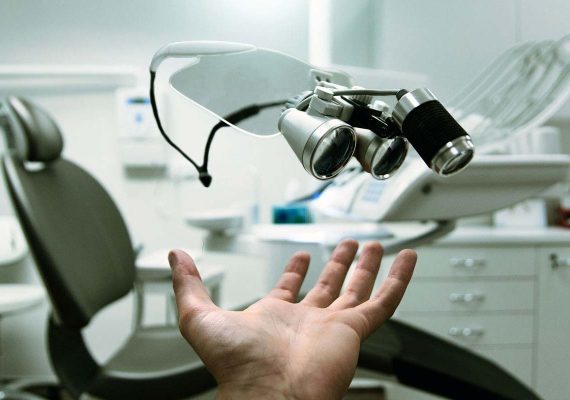Welcome to the Diabetic Eye Exam


Risk Factors
Individuals with diabetes face higher risks of eye complications such as diabetic retinopathy, glaucoma, and cataracts. High blood sugar levels can damage blood vessels in the eyes, leading to vision problems.
Comprehensive Eye Exam
A comprehensive diabetic eye exam includes tests like visual acuity, intraocular pressure measurement, and a dilated eye exam. The latter is crucial for examining the retina and detecting early signs of diabetic retinopathy.
Frequency of Exams
It is recommended that individuals with diabetes undergo a comprehensive eye exam at least once a year. Even if there are no noticeable issues, regular check-ups are essential for early detection and timely intervention.
Importance of Early Detection
Early detection of diabetic eye issues allows for timely intervention, reducing the risk of severe vision impairment. Any changes in vision, even subtle ones, should be promptly addressed with a professional eye exam.
Diabetic Retinopathy
Diabetic retinopathy is a progressive condition that can lead to vision impairment. Stages range from mild nonproliferative to severe proliferative retinopathy. Regular eye exams help identify and manage diabetic retinopathy at an early stage.
Prevention and Management
Managing blood sugar levels, adopting a healthy diet, avoiding smoking, and maintaining an active lifestyle contribute to overall eye health for individuals with diabetes. Regular medical check-ups are essential for monitoring and managing diabetes.
Risk Factors
Individuals with diabetes face higher risks of eye complications such as diabetic retinopathy, glaucoma, and cataracts. High blood sugar levels can damage blood vessels in the eyes, leading to vision problems.
Frequency of Exams
It is recommended that individuals with diabetes undergo a comprehensive eye exam at least once a year. Even if there are no noticeable issues, regular check-ups are essential for early detection and timely intervention.
Comprehensive Eye Exam
A comprehensive diabetic eye exam includes tests like visual acuity, intraocular pressure measurement, and a dilated eye exam. The latter is crucial for examining the retina and detecting early signs of diabetic retinopathy.
Diabetic Retinopathy
Diabetic retinopathy is a progressive condition that can lead to vision impairment. Stages range from mild nonproliferative to severe proliferative retinopathy. Regular eye exams help identify and manage diabetic retinopathy at an early stage.
Importance of Early Detection
Early detection of diabetic eye issues allows for timely intervention, reducing the risk of severe vision impairment. Any changes in vision, even subtle ones, should be promptly addressed with a professional eye exam.
Prevention and Management
Managing blood sugar levels, adopting a healthy diet, avoiding smoking, and maintaining an active lifestyle contribute to overall eye health for individuals with diabetes. Regular medical check-ups are essential for monitoring and managing diabetes.

